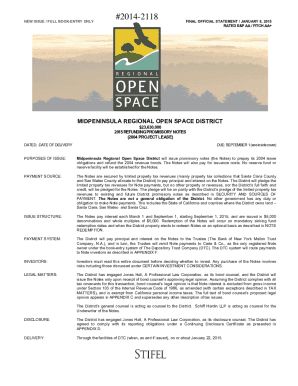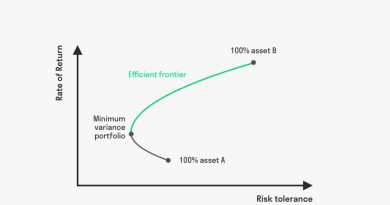Understanding Book-Entry or Paperless Securities

Contents
Understanding Book-Entry Securities
What Are Book-Entry Securities?
Book-entry securities, such as stocks and bonds, are electronically recorded investments that eliminate the need for paper certificates of ownership. Ownership is not physically transferred; instead, accounting entries are adjusted in the books of financial institutions where investors maintain accounts.
Book-entry securities can also be referred to as uncertificated or paperless securities.
How Book-Entry Securities Work
Book entry is a method of tracking ownership of securities electronically, without the need for physical certificates. When investors buy securities, ownership information is stored electronically and they receive a receipt.
The settlement of book-entry securities is handled by the Depository Trust Company (DTC), a central securities depository operated by the Depository Trust & Clearing Corporation (DTCC). Instead of stock certificates, investors receive statements as evidence of ownership. DTC handles dividend payments, interest payments, and cash or stock payments related to reorganizations, transferring them to the appropriate investment bank or broker for deposit into the holder’s account. DTC may impose temporary or permanent transaction restrictions, known as chills, depending on the circumstances.
Book-Entry Securities and the Government
Book-entry form is used for stock in direct investment plans, Treasury securities purchased directly from the US Department of the Treasury, and newly issued municipal bonds. The Treasury introduced Treasury Direct in August 1986 as a program for all new notes and bonds to be marketed solely in book-entry form. The program expanded in 1987 to include T-bills. Treasury Direct facilitates principal, interest, and redemption payments directly into individual investors’ accounts at financial institutions, processed electronically. The Legacy Treasury Direct system also enables investors to buy and sell directly with the Treasury, with the Treasury issuing account statements as transaction confirmation. Book-entry securities help reduce paperwork expenses for the government. Old paper securities can be exchanged for electronic ones.
Book-entry securities are held in a central clearinghouse or by a transfer agent, rather than being transferred from owner to owner.



